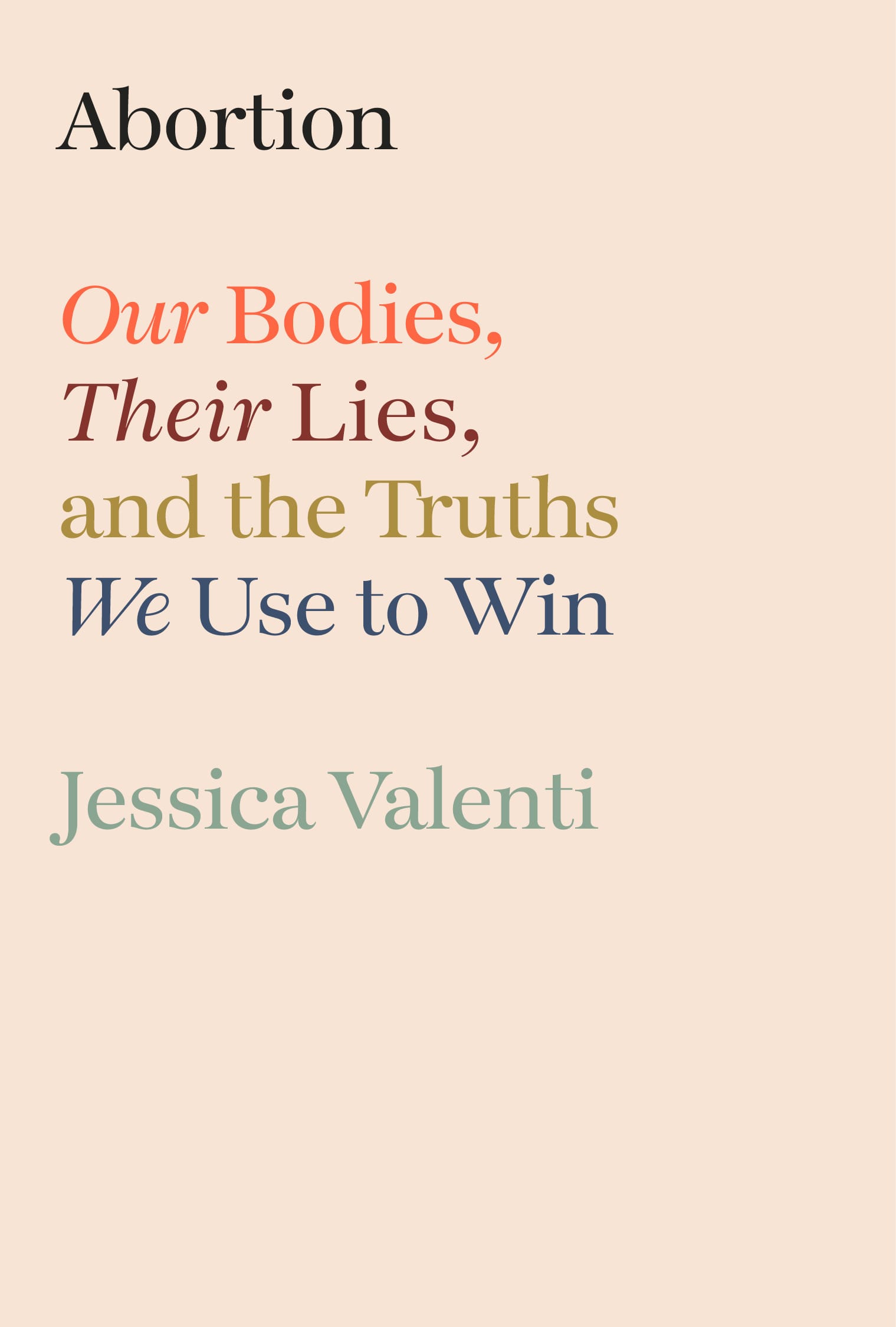How Angry Should Women Voters Be?
The journalist Jessica Valenti chronicles the pro-life movement in forensic detail in her new book. Ahead of the election, she says, voters need to get angry.

The Persistent is available as a newsletter. Sign up here to get it delivered to your inbox.
The night she learned the U.S. Supreme Court was planning to bring down Roe v. Wade, the journalist and author Jessica Valenti went to bed and wept.
“I kept saying, ‘My daughter, my daughter,” she writes. “A mother’s job is to protect her children. How could I possibly do that now?”
Valenti’s grief quickly metastasized into anger. That anger materialized as a newsletter. Abortion, Every Day. For her readers, Valenti provides daily reports on the pro-life movement in the U.S. She has sustained it ever since that fateful day in June 2022 when Roe was overturned, ending a woman’s constitutional right to an abortion in the U.S.
Valenti is furious at the calculated way America’s pro-life movement brought down Roe, and at the way the movement manipulates language, using phrases like “national minimum standard” to mislead voters into thinking abortion bans aren’t actually happening. But most of all, she is furious for all the women whose health and lives are being destroyed.
According to the Guttmacher Institute, a U.S.-based nonprofit focused on protecting reproductive rights worldwide, 41 states now have some form of abortion ban in effect; as for exceptions based on the gestation duration, the pregnant person’s health or in cases of rape or incest, it’s a veritable patchwork.
All of this is groundwork for Valenti’s new book, “Abortion: Our Bodies, Their Lies, and the Truths We Use to Win,” out this month.

The book contains tales as chilling as "The Handmaid’s Tale"—except of course, this isn’t fiction. Like the story of a woman, miscarrying in an Oklahoma hospital parking lot, who was told she would not receive care until she was “just about to die;” or that of a teenager in Florida who was denied an abortion because “her poor grades were proof that she wasn’t mature enough to decide to end her pregnancy.”
Throughout all of it, Valenti’s forensic attention to detail makes that anger contagious. It is a radicalizing rage—which, she admits to me, is her intention. “I think a lot of us feel really powerless,” she says. She wants to “arm people who feel radicalized with everything they need to go out to do something with that energy and that anger.”
In the run-up to next week's election, Valenti told me that giving that rage “a bit of direction” is vital. A Donald Trump win, she warns, could bring about the end of abortion medication and, eventually, birth control. Only by being properly informed about the pro-life movement’s strategies can voters prevent that, she says.
Our conversation has been lightly edited for length and clarity.





